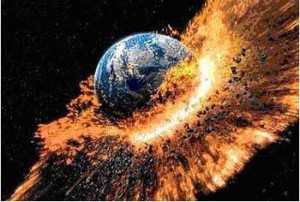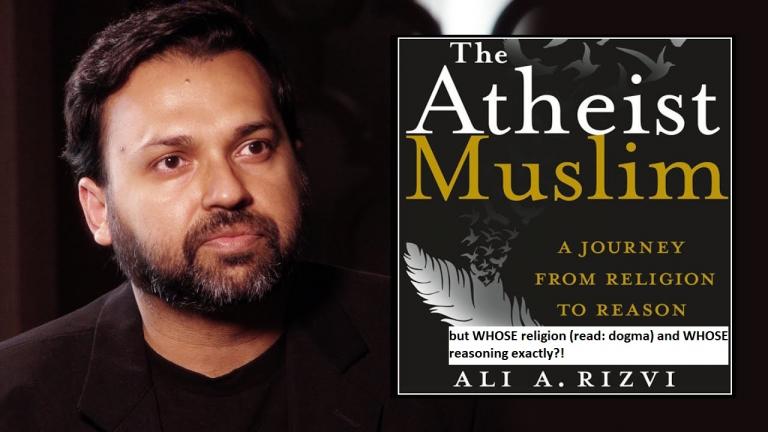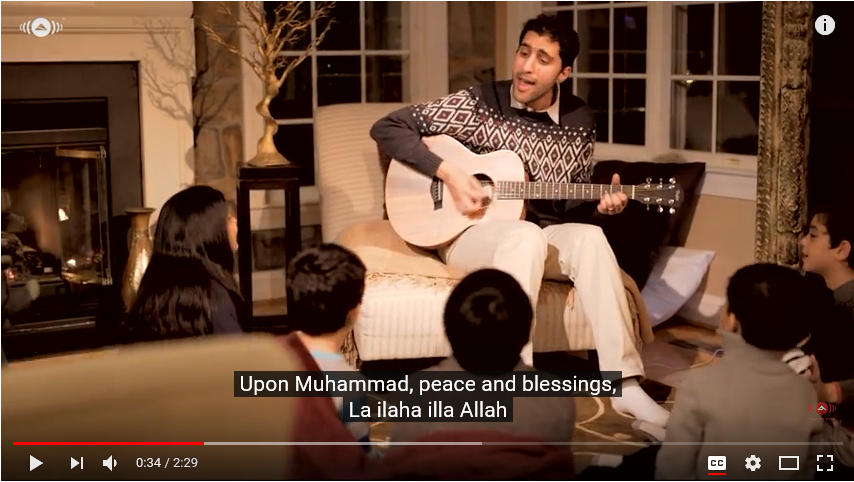It feels like I was always connected to idea of the apocalypse and judgement day. Growing up in a traditional Muslim family, the idea was perpetually mentioned albeit in an ominous tone. People whom you insulted would threaten you with recompense on judgement day, as I recall. They would look for you on that day and extract their due right!
In school, visions of judgement day were depicted through the traditions of Prophet Muhammad. Horrifying visions of people being punished for neglecting religious observances. Prophet Muhammad met them during his iconic night journey to meet God and receive instructions for the ritual prayers. When I was teenager we were taught about the time just prior to the apocalypse. Sunni Islam has a very comprehensive narrative on this topic. There were minor signs of that impending doom such as untrustworthy people will be trusted and vice versa, people will blatantly follow their passions and immorality will become rife (things not quite unheard of all through history!). There were also major signs such as the second coming of Jesus, al-mahdi (a guided leader of Muslims, some say he and Jesus are the same person). They will do battle with the Antichrist (Dajjal). They will have victory and restore peace on earth. The world would end soon after.
I did not remain with Sunni Islam. In my early twenties, I chanced upon Quranist Islam (the sola scriptura version of Islam) and adopted it as my creed. Since the Quran contributed very little to the Islamic creed as conventionally known, I had to reformulate my entire understanding of religion! The Quran does not have any kind of signs, major or minor, which foretold the close proximity of the apocalypse. It simply tells us that the hour is known to God alone. There are no second comings of Jesus. Al-Mahdi or the Antichrist are not even mentioned.
That very fact put a greater responsibility on me personally. If Jesus or the Anti-Christ weren’t coming back, then the apocalypse could happen at any time. I felt a greater sense of urgency which was a good thing. The movie ‘The Day After Tomorrow’ only add pressure to that situation!
As my journey into Quranist Islam progressed, I began to see a more temporal meanings to the terms normally related to the apocalypse. The Quran has at least five terms which are taken as synonyms to mean a post-apocalyptic judgement day by traditionalists. I came to believe that synonyms do not exist and so I set about finding the subtle differences between these terms. What I found changed my outlook completely.
The start of that journey began from an unexpected quarter, the founder of Bahaism, Bahaullah himself. Bahaullah was from an Islamic background and posited that some ostensibly apocalyptic scenarios in the Quran pointed to social revolutions and the restoration of truth and justice. When reading the Quran, I adopted a more metaphorical outlook and that helped me see where he was coming from although I did not agree with him completely.
This eventually led to me formulating my own views. First of all, I do indeed see that the Quran has a vision for judgement day. Phrases like ‘every nation’ (kullu ummah) and ‘every soul’ (kullu nafs) are associated with this vision. It will be a time when all nations are judged according to God’s eternal law. Our very souls will bear witness to our deeds. According to this, we will either progress to the state of infinite being (symbolized by heaven) or remain stagnant (symbolized by hell).
Apart from that, we are seeing death and resurrection at every instance in our lives. The Quran uses life and death in spiritual terms and so it does with the ‘day of resurrection’ (yawm al-qiyamaah which can be understood as ‘period of establishment’). The period of establishment can be understood in both socio-political and spiritual terms signifying revolutions or uprisings. There is also the term ‘last day’ (yawm al-aakhir which can be understood as a period which follows or consequence). This is a period in which the the consequences of one’s actions are seen. Finally, there is the ‘day of judgement’ (yawm ad-deen which can be understood as a period in which God’s grace is fully in bloom). This is a period in which human beings are free from all bondage.
The apocalypse is a lot deeper and a lot closer than we think. It is a momentous event of destruction and renewal.













